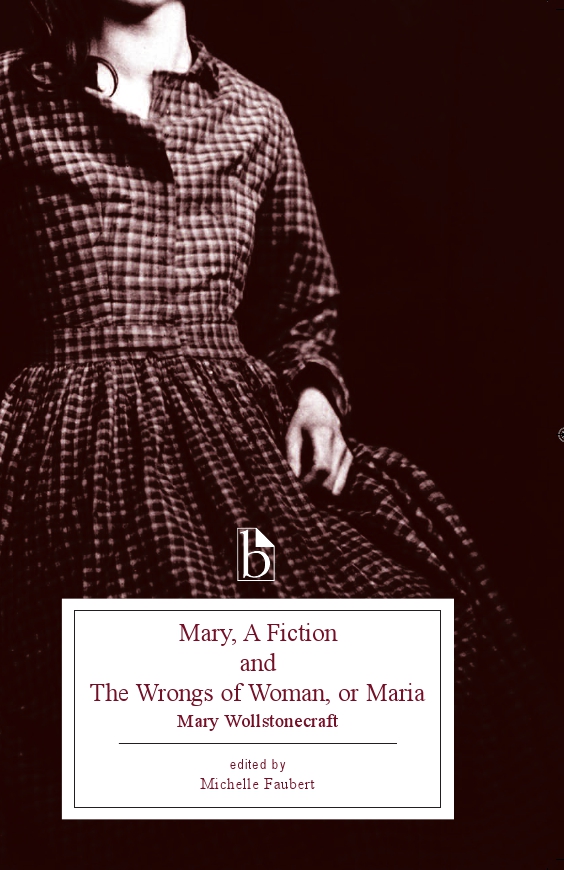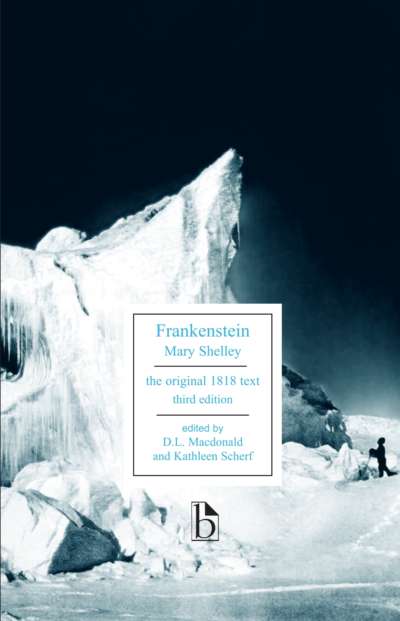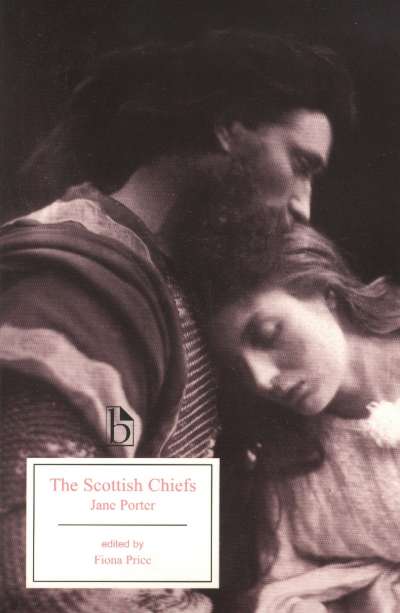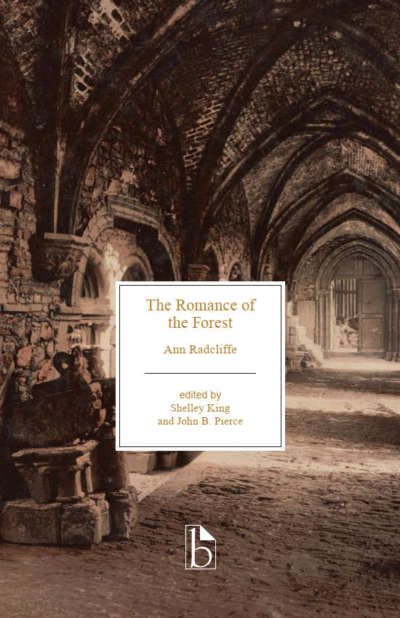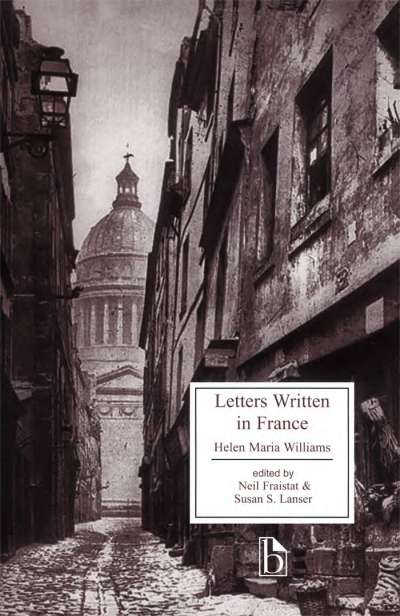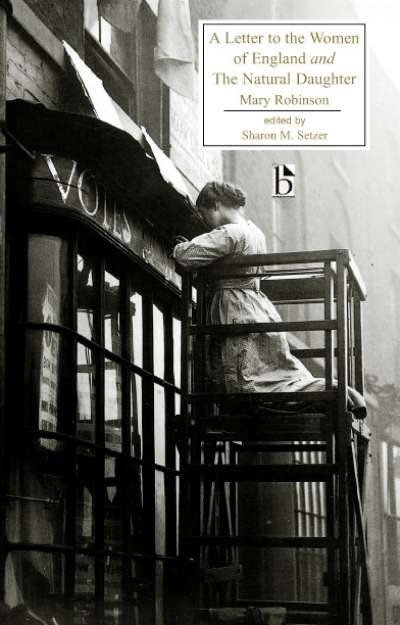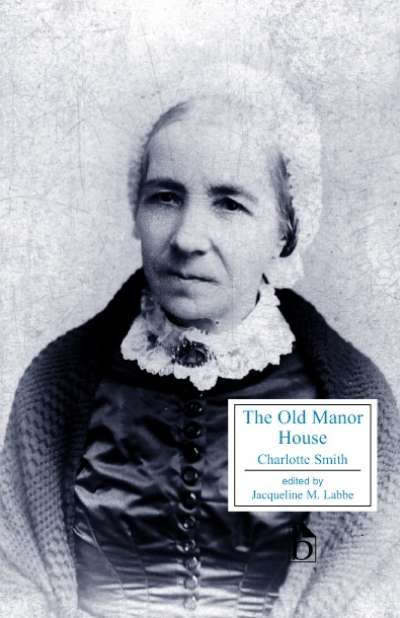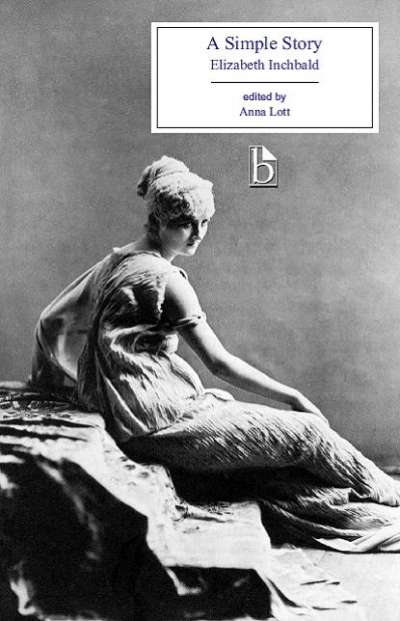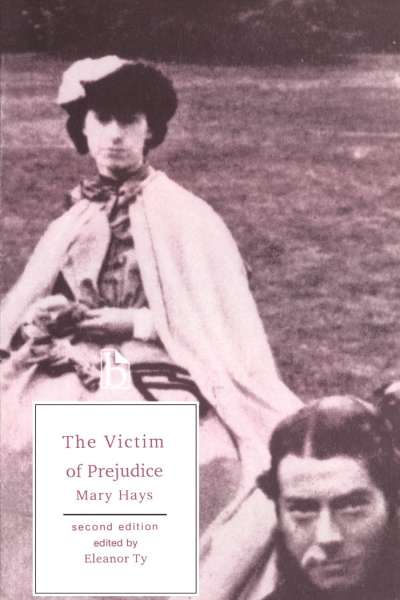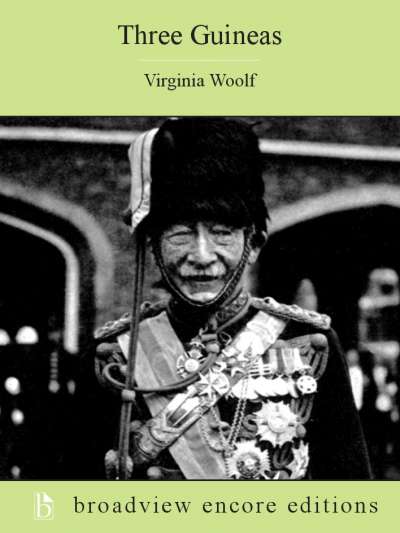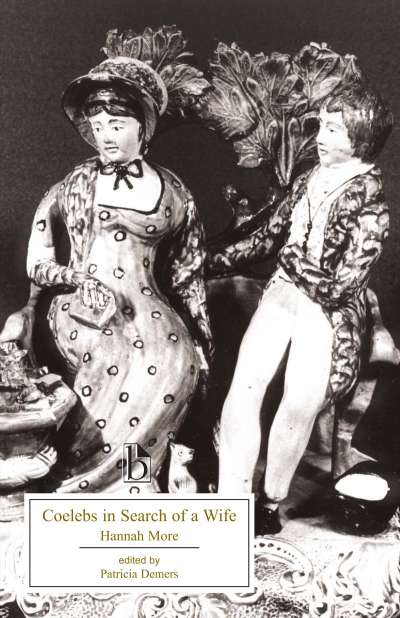Mary Wollstonecraft wrote these two novellas at the beginning and end of her years of writing and political activism. Though written at different times, they explore some of the same issues: ideals of femininity as celebrated by the cult of sensibility, the unequal education of women, and domestic subjugation. Mary counters the contemporary trend of weak, emotional heroines with the story of an intelligent and creative young woman who educates herself through her close friendships with men and women. Darker and more overtly feminist, The Wrongs of Woman is set in an insane asylum, where a young woman has been wrongly imprisoned by her husband.
By presenting the novellas in light of such texts as Wollstonecraft’s letters, her polemical and educational prose, similar works by other feminists and political reformists, the literature of sentiment, and contemporary medical texts, this edition encourages an appreciation of the complexity and sophistication of Wollstonecraft’s writing goals as a radical feminist in the 1790s.
Comments
“Here, combined in one authoritative edition, are the fictional works of this founding ‘mother of feminism,’ novellas that grapple with the same societal challenges that Mary Wollstonecraft herself confronted in the age of sensibility. Michelle Faubert has chosen her contextual materials wisely from among the political writings of Wollstonecraft, William Godwin, and their circle in London, and from among the broader circle of European texts dealing with education. With a lively, informative introduction, the book provides an excellent compendium of the ideas that galvanized the imaginative literature of Romanticism.” — Denise Gigante, Stanford University
“Mary Wollstonecraft’s early novella Mary and her late, unfinished Maria are often relegated to critical contexts for her more famous Vindication of the Rights of Woman. Michelle Faubert’s new edition makes abundantly clear that these novellas deserve sustained critical attention in their own right. Faubert offers a generously annotated text framed by a thorough, detailed, and clearly written introduction and a carefully chosen selection of supplementary materials. Readers are now well positioned to appreciate the literary features of these works alongside their contribution to feminist theories of education, 1790s radicalism, and eighteenth-century medical theories about mental development and gender difference. This is an outstanding critical edition—exactly what one has come to expect from Broadview Press.” — Jonathan Sachs, Concordia University

